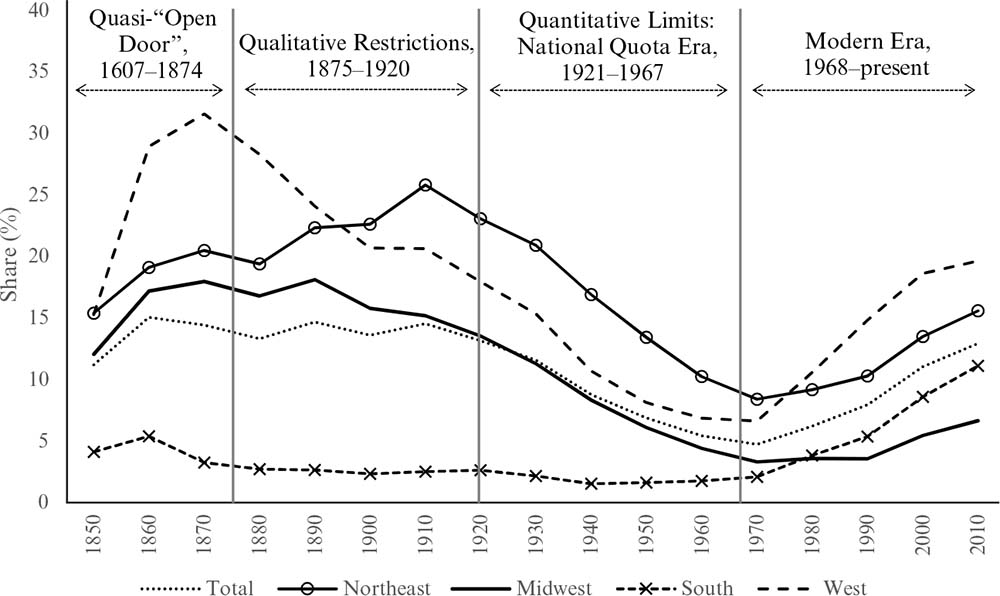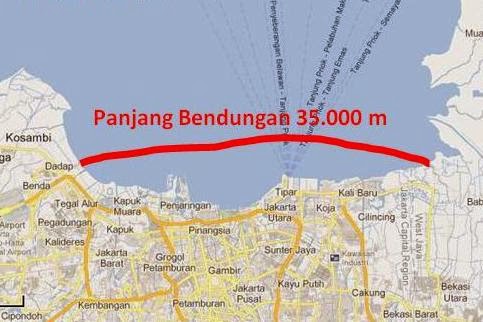Cobalt Market In Turmoil: Analyzing Congo's Export Ban And Future Quota System

Table of Contents
Congo's Export Ban/Quota System: The Rationale Behind the Decision
The DRC's decision regarding cobalt exports stems from a desire for greater control over its natural resources and a commitment to improving the cobalt mining industry. The rationale behind the potential export ban or future quota system is multifaceted:
-
Increased government control over cobalt resources: The Congolese government aims to exert greater control over the extraction and export of its cobalt reserves, ensuring a larger share of the profits remains within the country. This is a key aspect of the DRC's cobalt policy.
-
Improved transparency and traceability in the cobalt supply chain: The current cobalt mining sector suffers from a lack of transparency, with significant amounts of cobalt extracted through illegal artisanal mining. A quota system could help improve traceability, combatting this illegal activity and promoting responsible cobalt mining practices.
-
Potential for increased revenue generation for the Congolese government: By controlling exports, the government hopes to significantly increase revenue from its cobalt resources, which can then be invested in the country's economic development. This revenue generation is a major driver behind the policy shift.
-
Addressing concerns about environmental damage and worker exploitation in artisanal mines: Artisanal cobalt mining often involves unsafe working conditions and significant environmental damage. The government aims to use this opportunity to address these concerns and promote more sustainable and ethical cobalt mining.
-
Attracting investment in processing and refining cobalt within the DRC: Currently, much of the cobalt extracted in the DRC is exported as raw material. The government aims to encourage investment in domestic processing and refining facilities, adding value to the cobalt and creating jobs within the country. This will also improve the security of the cobalt supply chain.
Impact on the Global Cobalt Market: Price Volatility and Supply Chain Disruptions
The potential export ban or quota system will undoubtedly have significant repercussions on the global cobalt market:
-
Significant price volatility due to reduced supply: A restriction on cobalt exports will immediately reduce the available supply, leading to significant price volatility and potentially sharp price increases. The cobalt price forecast is therefore highly uncertain.
-
Disruptions to EV manufacturing and battery production timelines: The EV industry, heavily reliant on cobalt for its batteries, will face potential delays and shortages. This could disrupt production timelines and impact the growth of the electric vehicle sector.
-
Increased pressure on companies to diversify cobalt sourcing: Companies will be forced to explore alternative sources of cobalt to mitigate supply chain risks. This will lead to increased competition for cobalt from other regions and potentially higher prices.
-
Potential for shortages and delays in EV production: The reduced availability of cobalt could lead to shortages and delays in the production of electric vehicles, potentially impacting consumer demand and overall market growth.
-
Exploration of alternative battery technologies to reduce cobalt dependency: The cobalt market's instability will accelerate the development and adoption of alternative battery chemistries that require less cobalt or no cobalt at all. This is a crucial area for innovation within the battery industry.
The Future of Cobalt Sourcing: Diversification and Sustainability
The DRC's actions underscore the urgent need for a more sustainable and ethical cobalt supply chain:
-
Increased focus on responsible and ethical cobalt sourcing: Companies will be under increasing pressure to implement robust due diligence processes to ensure their cobalt sourcing is responsible and ethical. Ethical cobalt sourcing will become a key differentiator.
-
Exploration of alternative cobalt-rich regions: The search for alternative cobalt sources will intensify, with exploration efforts focusing on other regions with significant cobalt reserves. This diversification is vital for supply chain resilience.
-
Growth of cobalt recycling and the circular economy: Cobalt recycling will become increasingly important as a way to secure supply and reduce reliance on primary mining. The development of a circular economy for cobalt is a crucial long-term solution.
-
Investment in sustainable mining practices in the DRC and elsewhere: There will be increased investment in sustainable mining practices in the DRC and other cobalt-producing regions to improve working conditions and environmental protection. Sustainable cobalt mining is no longer optional.
-
Development of new battery technologies with reduced cobalt content: Research and development efforts into new battery technologies with lower or no cobalt content will intensify, driven by the need to reduce reliance on a volatile and ethically complex supply chain.
The Role of International Organizations and Stakeholders
International organizations and stakeholders play a vital role in shaping the future of the cobalt market:
-
Influence of the OECD and other international bodies in promoting responsible sourcing: Organizations like the OECD will continue to promote responsible sourcing initiatives and guidelines to ensure ethical and sustainable cobalt mining practices.
-
Pressure on companies to implement robust due diligence practices: Companies will face increasing pressure from consumers, investors, and regulatory bodies to demonstrate their commitment to responsible sourcing through robust due diligence processes.
-
Collaboration between governments, industry, and NGOs to address ethical and environmental concerns: Effective collaboration between governments, industry players, and non-governmental organizations is crucial to address the ethical and environmental challenges associated with cobalt mining.
Conclusion
Congo's potential export ban or future quota system on cobalt has created significant uncertainty within the global cobalt market. The move highlights the need for responsible sourcing, sustainable mining practices, and diversification of supply chains. The future of cobalt supply will depend on the collaboration between governments, industry players, and international organizations to ensure a stable, ethical, and sustainable market. The long-term health of the cobalt market depends on addressing the ethical and environmental challenges inherent in its extraction and processing.
Call to Action: Stay informed about developments in the cobalt market and the impact of Congo's policies. Understanding the future of cobalt supply is crucial for investors, manufacturers, and policymakers navigating this increasingly complex landscape. Explore strategies for securing a stable and ethically sourced cobalt supply chain.

Featured Posts
-
 Knicks News Jalen Brunson Injury Update Tyler Koleks Extended Role And The Remaining Schedule Breakdown
May 15, 2025
Knicks News Jalen Brunson Injury Update Tyler Koleks Extended Role And The Remaining Schedule Breakdown
May 15, 2025 -
 Dimereis Sxeseis Kyproy Oyggarias Syzitiseis Kompoy Sigiarto Gia Kypriako Kai Proedria Ee
May 15, 2025
Dimereis Sxeseis Kyproy Oyggarias Syzitiseis Kompoy Sigiarto Gia Kypriako Kai Proedria Ee
May 15, 2025 -
 Proyek Tembok Laut Raksasa Peran Ahy Dan Potensi Kerja Sama Dengan China
May 15, 2025
Proyek Tembok Laut Raksasa Peran Ahy Dan Potensi Kerja Sama Dengan China
May 15, 2025 -
 Kktc Ye 12 Milyon Avro Tuerk Devletleri Desteginin Ekonomik Etkileri
May 15, 2025
Kktc Ye 12 Milyon Avro Tuerk Devletleri Desteginin Ekonomik Etkileri
May 15, 2025 -
 Rapids Defeat Exposes Earthquakes Goalkeeping Weakness Zach Steffens Performance Under Scrutiny
May 15, 2025
Rapids Defeat Exposes Earthquakes Goalkeeping Weakness Zach Steffens Performance Under Scrutiny
May 15, 2025
